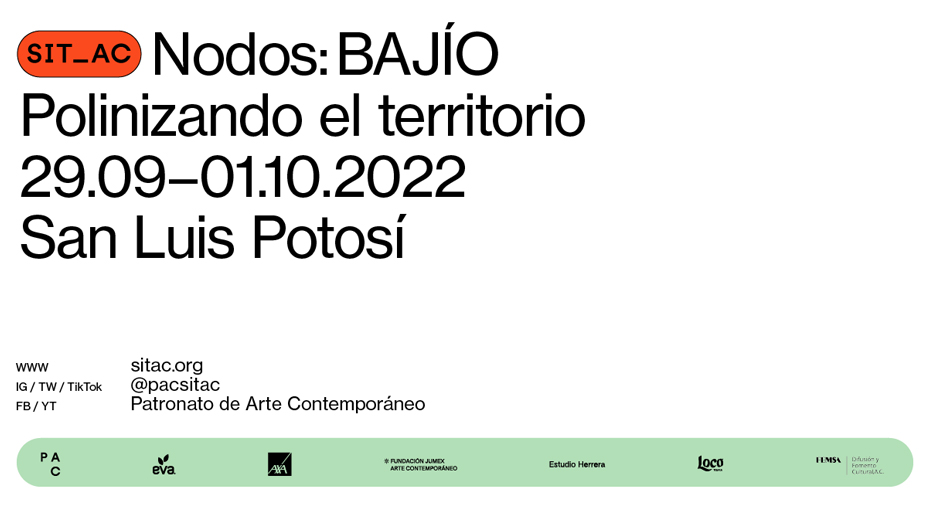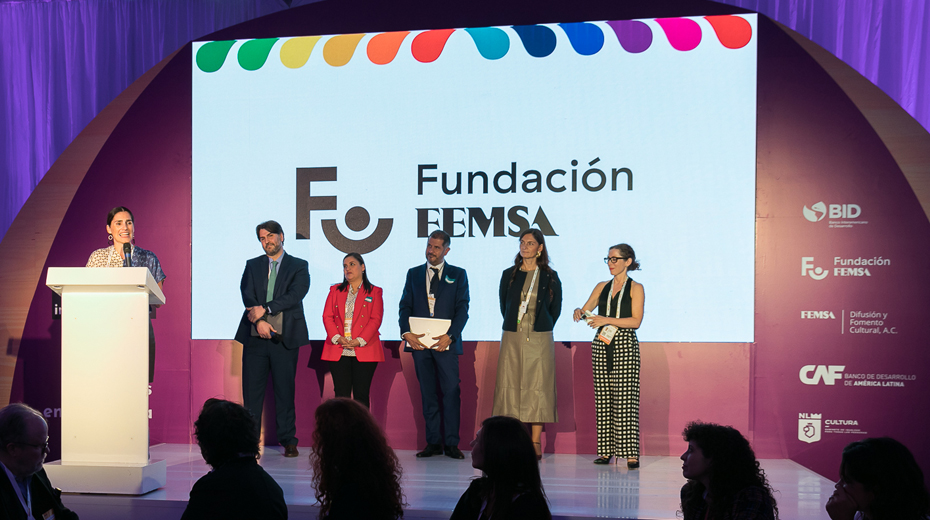At FEMSA Foundation we are convinced that pushing for public policy is of high priority when investing in early childhood. With the goal of creating awareness in the public sector of the importance of supporting early childhood as a pillar of success for families and the country, we gathered more than 45 public officials and decision makers at the Seminar “Policies for the future: Wellbeing since early childhood” (Políticas por el futuro: Bienestar desde la primera infancia).
Together with the School of Government and Public Transformation of Tecnológico de Monterrey, LEGO Foundation, the Inter-American Development Bank and the Center on the Developing Child of Harvard University, we organized this Seminar that took place on September 26th and 27th. This forum fostered the creation of a community of leaders that promote public investment in this stage of life, with an emphasis on innovation, collaboration and management focused on results, and convinced that the strengthening of policies focused on early childhood is a vehicle to achieve the wellbeing of children, their families and the country.
“Investing in early childhood has a huge potential to change the life trajectory of children, their families and the whole country. Fostering their development is a complex task that requires forging solid alliances across all sectors to design new and improved solution in favor of all society. Only then will we build solid foundations that generate social mobility and promote the wellbeing of Mexico from the start,” said Eva Fernández, our Social Investment in Early Childhood Manager.

Investments made in early childhood development programs can potentially generate a return on investment of up to 13%, according to James Heckman, who received the Nobel Prize in Economics in 2000. The returns obtained translate into socioeconomic benefits for the families and their communities such as lower rate of involvement in criminal activities, reduction in the costs of remedial social programs, increased income of up to 25% (according to the Inter-American Development Bank), among others.
“For the Center it is a pleasure to have the chance to share the latest scientific advances on early childhood development and how they offer a perspective and an opportunity to solve some of the most challenging issues that children all over the world face. We hope that the knowledge and tools that were shared here contribute to develop ideas that strengthen programs and public policies that lead to better results for the children and families of Mexico,” said Priscila Pumarada, Senior Project Manager at the Center on the Developing Child of Harvard University.

The Seminar was made up by presentations, discussions and activities led by 15 specialists of SIPINNA, the Saban Research Institute, the Center on the Developing Child of Harvard University, Save the Children, among others. In this forum, speakers and decision makers diagnosed the challenges around early childhood that the public sphere in Mexico faces and their status on the public agenda, they learned of successful interventions that could potentially be replicated and scaled and identified mechanisms to design innovative and efficient public policies for children’s development during this stage.
“Educators are rethinking how to teach young children to make use of their enormous learning potential. Playing is one of the most important ways in which young children acquire essential knowledge and abilities. For this reason, opportunities to play and environments that promote play, exploring and practical learning are the core of effective early education programs. This is why LEGO Foundation invests in exploring how to make the most of scientific evidence to inform public policy in favor of early childhood”, said MA. Astrid Viveros, Director of LEGO Foundation Mexico.
This seminar was an opportunity to realize that investing in early childhood is key to change the country’s trajectory and it was also the moment to make a commitment to making policies for the future of all.






